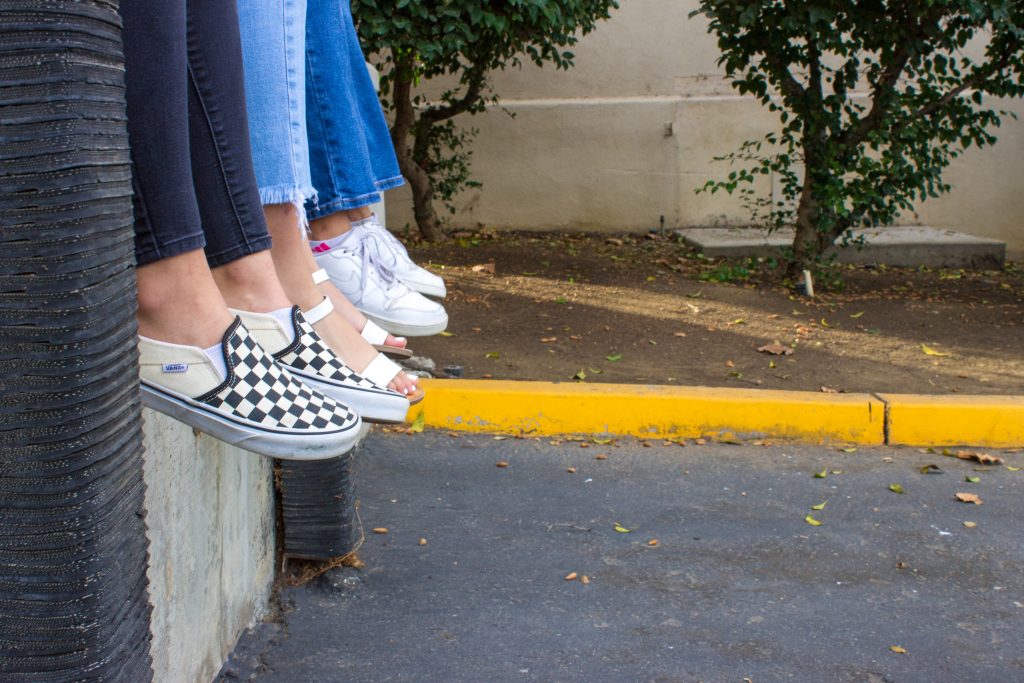A comprehensive guide for parents
Some research indicates that one of the causative factors of chemical dependency is a ‘strained relationship’ in the family – especially between parents and children.
Any program which aims at the prevention of chemical dependency should therefore include parents as their target group. Educating and creating awareness about effective parenting would help develop a healthy and positive parent-child relationship. This would pave the pave for their child’s untroubled, addiction-free adult life.
Building a relationship
A healthy family relationship includes sharing, open communication, honest expression of feelings, warmth, understanding and active participation in each other’s interests.
Following is some of the guidelines towards ‘positive parenting’:
- Parents should make the child feel that his participation the family activities is valuable. For example, when the child helps in cleaning the dishes, watering the plants or buying provisions/ vegetables, parents should appreciate their contribution.
- Parents should learn to recognise the child’s strengths and encourage him to work to the best of his ability.
- Parents should regularly allot time to spend with their children. Parents should exhibit a sincere interest in the child’s activities – studies, games and other interests.
- Parents should get interested in their child’s friends and establish a warm and cordial relationship with them.
- Effective communication begins with the parents’ commitment to listening. Listening involves attending to whatever the child has to share regarding experiences at school, problems with other children, joyful and painful moments, ambitions, etc.
- Parents should make eye contact with the child while listening. By listening, parents make the child realise that they do appreciate the child’s point of view.
- Parents should learn to respect the feeling of their children. Often emotions are expressed less directly but with enough cues so that a sensitive receiver can pick them up. The child should be given feedback that they are being listened to.
- Since children tend to adopt the behaviour and values of their parents, parents must always do what they expect their children to do. The chances of children taking to drugs are heightened if the parents themselves drink alcohol or smoke heavily.

Parents often ask a therapist how they can find out if their children are addicted to chemicals. There are some changes – physical and behavioural – that indicate the use of chemicals. Here are some:
Recognising a chemically dependent child
- Reddening of eyes (usually due to smoking marijuana)
- Vacant look at times
- Puffiness under eyes
- Slurred speech
- Unsteady movements
- Poor eating and sleeping habits
- Poor hygiene
- Injected sites on the body
Other changes:
- Poor attendance at school
- A sharp decline in academic performance
- Highly irritable
- Mood swings
- Peculiar smell from breath and clothes
- Presence of drug paraphernalia – candles, bent blackened spoon, silver foil, strange packets
- Spending long hours in the washroom
- Disappearance of valuables from home
- Lying about whereabouts
A point to be emphasised is that these changes should be seen repeatedly and over a period of time. Parents should avoid coming to hasty conclusions.

What should parents do?
When parents identify that their child is addicted, what are the immediate steps to be taken?
The first step a parent should take is to ensure that their child is taking drugs. Parents can do this by checking with the teacher about their attendance and performance at school. You may also try and talk with their friends and share your concerns about possible unusual behaviour, apparent mood swings and increased spending.
If possible, parents can arrange a drug test to confirm the intake of any drugs.
If the fact is established, the parents’ normal reaction would be to get shocked, angry and would immediately feel like punishing the kid.
However, it is suggested that the parents control their emotions and try to be:
- Understanding – “We am not blaming or condemning you. We understand you have a problem and that you need help.”
- Firm and supportive – “This has affected your studies and health drastically. This cannot continue. You have to get professional help. All of us are here to help you in every possible way.”
What should parents not do?
- Do not talk harshly – “You have always been giving us trouble. You never allow us to live in peace.”
- Do not tell the kid that they are cheating – “All the while, we believe that you were attending school and studying. Your mother and I have been working hard only to provide you with a good education. But you have cheated us.”
- Do not indulge in self–pity – “Why should this happen only to us? Why should we suffer so much, at this age when others are relaxed and contented?”.
- Do not blame yourself – “My sister warned us not to allow you to stay out late so often. But I did not listen to her advice. It is my fault.”
Keep in mind that if you do not adhere strictly to the above advice, your child may not accept help from you. This makes the problem more complex.
With the drug or alcohol problem, prevention is mainly in the hands of the parents. A good parent-child relationship goes a long way in the prevention of addictions.
However, there is no way you can totally protect your kids. In case of addiction, remember you are the parent, not a professional. If the need arises, do not delay. Contact a reliable and experienced addiction treatment provider for recovery as soon as possible.



